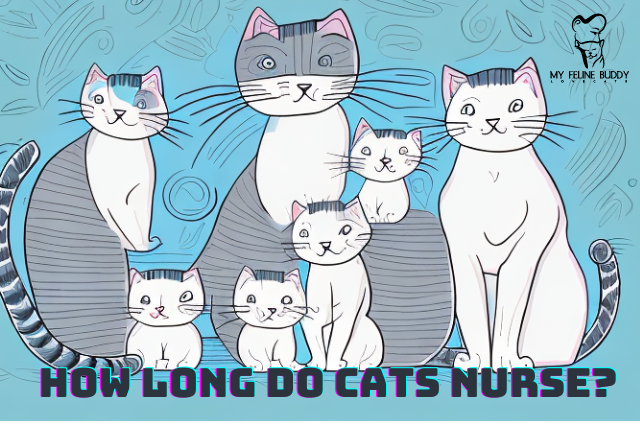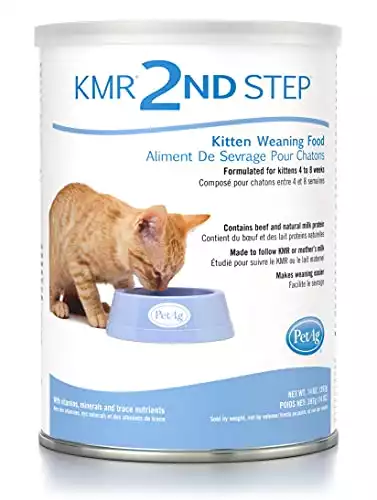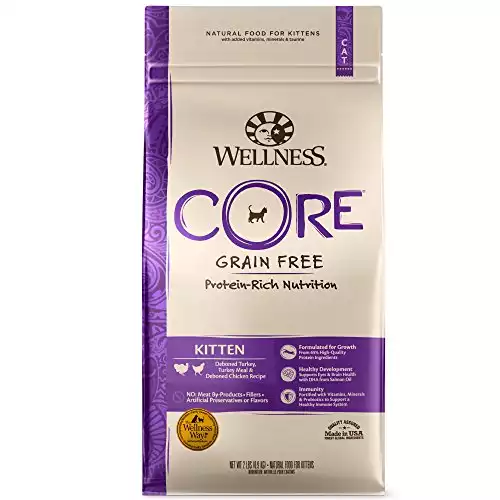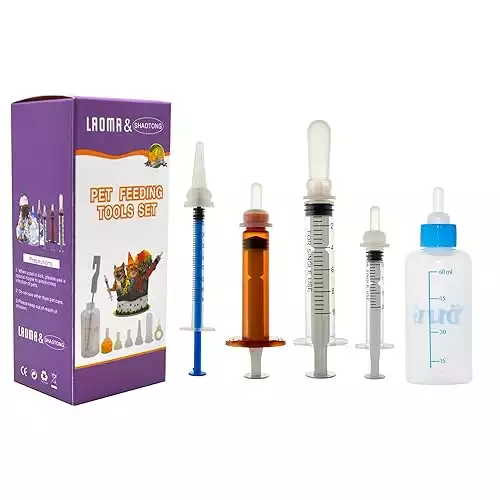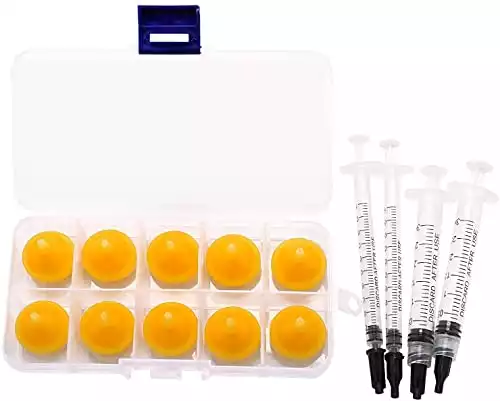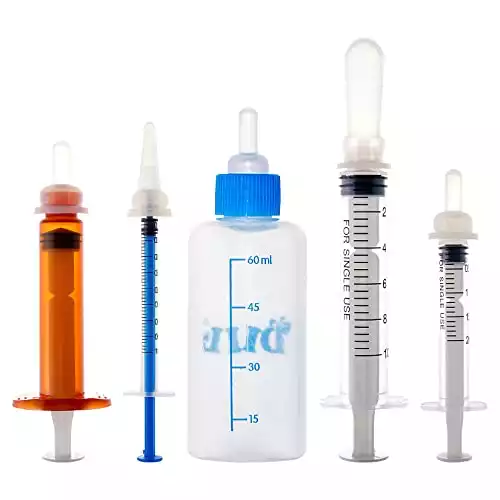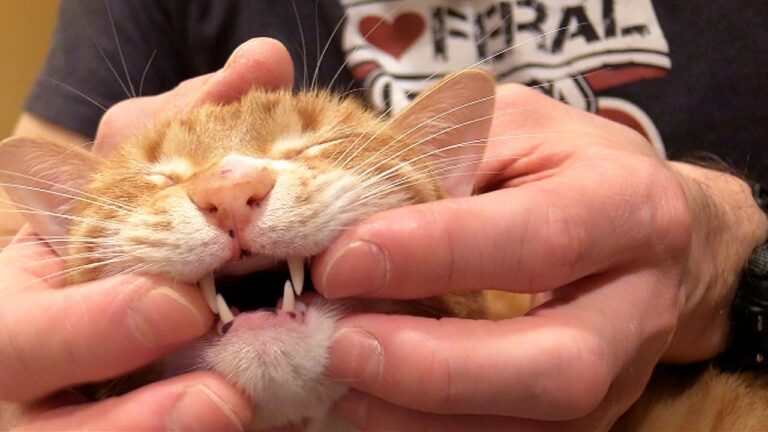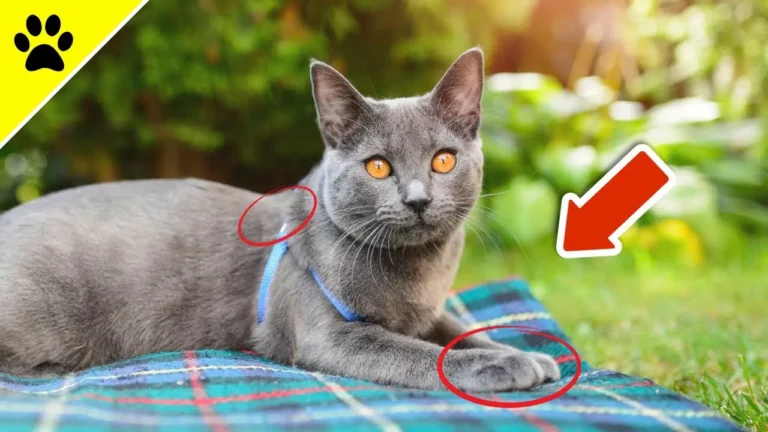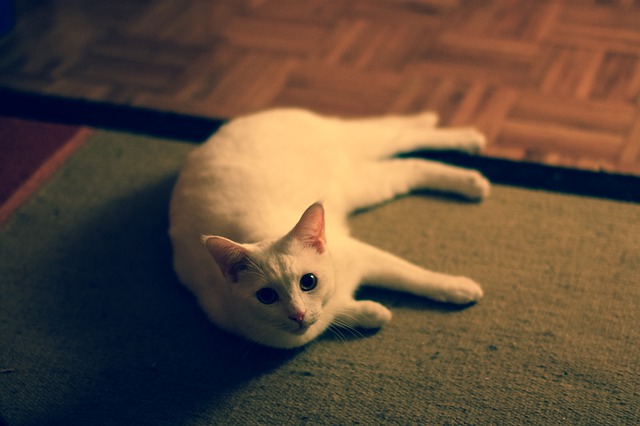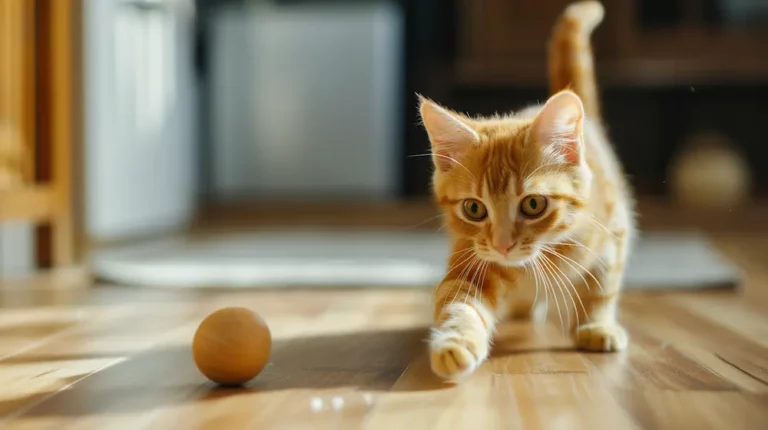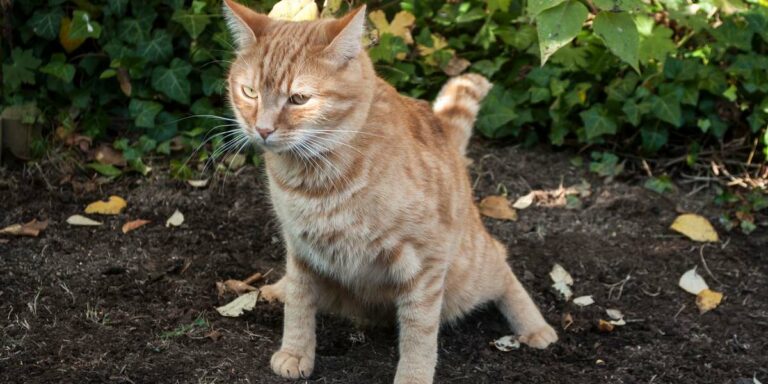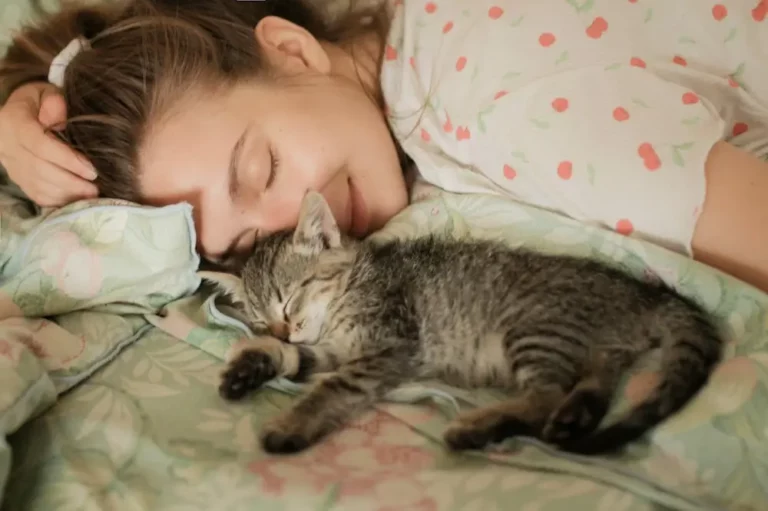How Long Do Cats Nurse?
Cats are known for their independent nature, but when it comes to raising their young, they play a crucial role. The nursing period in cats is a time of growth, development, and bonding between the mother
Understanding the length and importance of this period can help ensure the mother’s and her offspring’s well-being.
Understanding the Nursing Period in Cats
The nursing period for cats begins shortly after birth and typically lasts about 4 to 6 weeks. During this time, the mother
As the kittens are born, they are blind and deaf, entirely dependent on their mother for survival. The mother
During the nursing period, the mother
The Importance of Nursing for Kittens
Nursing is essential for kittens as their mother’s milk contains all the nutrients and antibodies needed to support their growth and immune system. The milk is rich in proteins, fats, and vitamins, which are vital for their overall health and development.
It helps build their immunity, promotes the growth of strong bones and muscles, and aids in proper digestion.
Furthermore, nursing provides more than just physical nourishment. It also fulfills the kittens’ emotional needs. The act of nursing creates a sense of security and comfort for the kittens as they feel the warmth and closeness of their mother.
This bond formed during nursing helps foster a strong relationship between the mother and her offspring, which is crucial for their social development.
Factors Influencing the Nursing Duration
The duration of the nursing period can vary depending on a few factors, including the number of kittens in the litter, their individual growth rates, and the mother
It is important to note that the nursing period is not only about the physical act of nursing but also about the mother
They observe and learn from their mother’s behavior, such as grooming themselves, using the litter box, and interacting with other cats. These lessons are crucial for their future independence and survival.
Additionally, the mother
In conclusion, the nursing period in cats is a critical phase in their development, providing them with essential nutrition, immunity, and emotional bonding. It is a time of growth and learning, as the kittens rely on their mother for both physical and behavioral guidance.
Understanding and appreciating the importance of this period can help ensure the well-being and future success of the kittens.
The Stages of Kitten Development
Kitten development can be divided into several stages, each marked by specific milestones and changes in their behavior and physical abilities. Understanding these stages can help
Newborn to Four Weeks
During the first few weeks of life, newborn kittens are entirely dependent on their mother for warmth, food, and elimination. Their eyes and ears are closed, and they spend most of their time sleeping and nursing. Providing a warm, quiet, and safe environment for them to thrive is essential.
Four to Eight Weeks
As the kittens reach four weeks of age, their senses begin to develop, and their eyes start to open. They become more curious and start exploring their surroundings. This is also the time when they start showing interest in solid food and may attempt to mimic their mother’s eating behavior.
Weaning Off Mother’s Milk
Between the age of four and six weeks, kittens gradually transition from relying solely on their mother’s milk to consuming solid food. The weaning process is gradual, and it’s essential to introduce high-quality kitten food and ensure that they have access to fresh water. Slowly reducing the frequency of nursing sessions while increasing their solid food intake helps facilitate the transition smoothly.
| Product Image | Product Name / Primary Rating / Price | Primary Button |
|---|---|---|
|
||
|
Read more: Why do cats bite their nails?
Common Questions About Cat Nursing
As
What If the Mother Cat Stops Nursing Too Early?
In some cases, the mother
Elevate your kitten's well-being with Prozyme Powder, a natural health supplement designed for dogs and cats. Packed with plant-based enzymes, this formula supports your kitten's digestive system by breaking down nutrients in their diet, promoting optimal absorption and a healthy immune system, making it an excellent care solution delivered by PetAg, trusted by both owners and animal professionals.
How to Supplement Kitten Nutrition If Needed
If the mother
| Product Image | Product Name / Primary Rating / Price | Primary Button |
|---|---|---|
|
||
|
||
You might also like: Why do cats scratch?
Potential Problems and Solutions During the Nursing Period
While the nursing period is generally a smooth and natural process, there can be occasional challenges that
Recognizing and Addressing Nursing Difficulties
Sometimes, the mother
Ensuring the Health of Nursing Mother Cat
The well-being of the mother
To ensure the mother
Nourish the journey of motherhood with Royal Canin Mother & Babycat Dry Cat Food, a unique nutritional solution designed to support both expecting and nursing mother cats as well as the healthy growth of newborn kittens. Enriched with clinically proven antioxidants and featuring rehydratable kibble for easy chewing, this formula helps build a robust immune system, promotes digestive health, and lays a healthy foundation for kittenhood, ensuring every tiny paw gets the best start in life.
Read more: Why do cats pee on clothes?
Post-Nursing: Transitioning to Solid Food
As the nursing period comes to an end, the kittens must gradually transition to consuming solid food exclusively. This is an important milestone in their development and requires careful monitoring and guidance from
When and How to Introduce Solid Food
Solid food should be introduced to kittens gradually, starting between four to six weeks of age. Initially, offering moistened kitten food or specifically formulated kitten gruel is recommended. Over time, the consistency can be thickened, and the quantity increased as the kittens become more adept at eating. But first of all, it is important to introduce your little feline buddy to wet food so it can gradually adjust to solid food.
Give your kitten the nutrition they need and the taste they crave with Sheba Perfect Portions Kitten Paté Wet Cat Food. Formulated with DHA for healthy brain development, this complete and balanced meal supports your kitten's immune system, bones, and growing muscles, all in convenient snap-and-serve trays, ensuring a mess-free and satisfying dining experience.
Monitoring Kitten Health Post-Weaning
After weaning, it is important to continue monitoring the kittens’ health and provide them with a well-balanced diet suitable for their age. Regular veterinary check-ups, vaccinations, deworming, and appropriate parasite prevention measures are essential to ensure their long-term health and well-being.
Read more: Best Cats for Apartments
